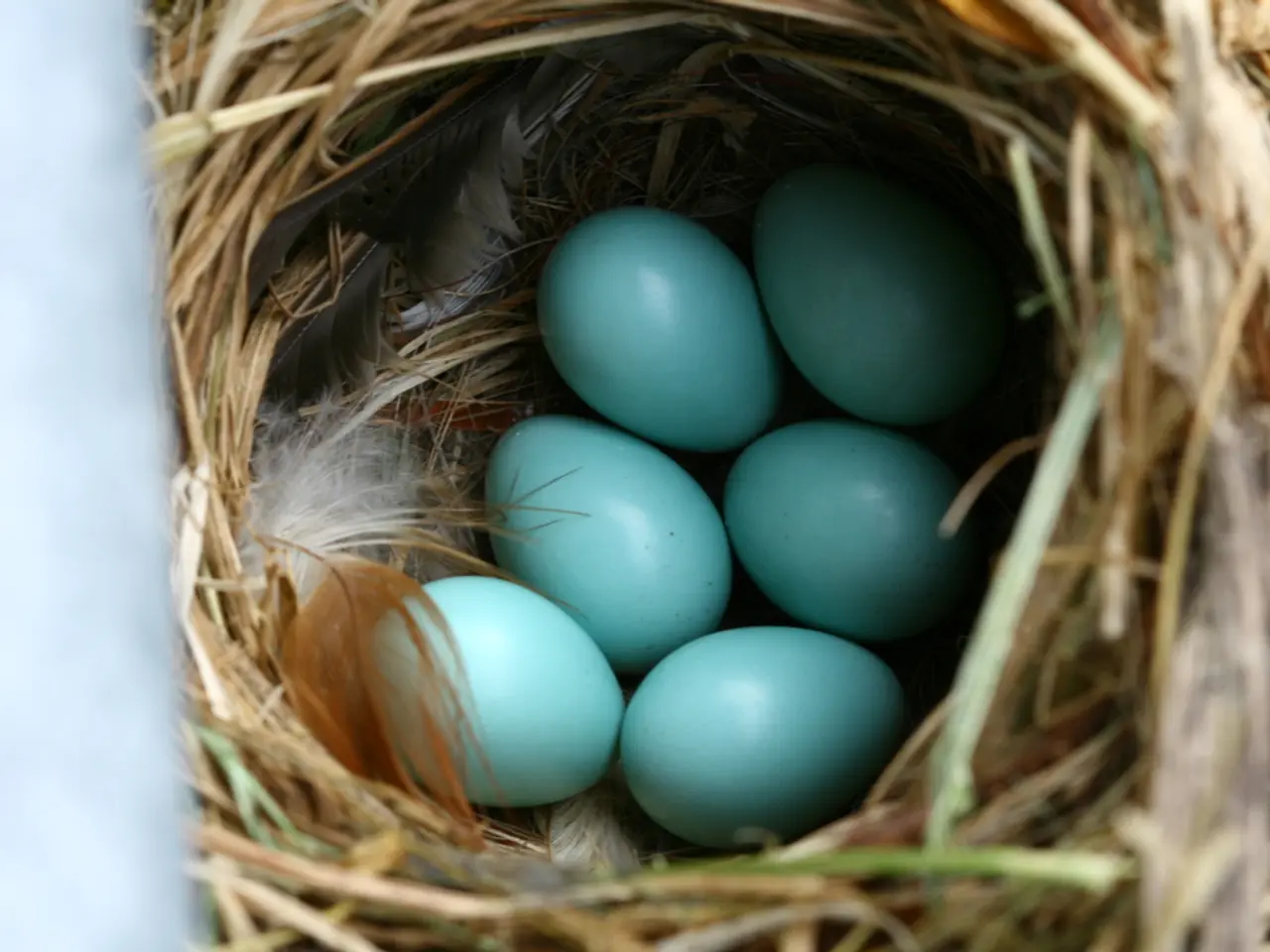DOJ's Legal Arguments Described as a Potent “Stink Bomb” Disrupting the Heart of U.S. Egg Farm Operations by Animal Wellness Action
In a surprising turn of events, the U.S. Department of Justice (DOJ) has filed a lawsuit against California's animal welfare laws, specifically targeting Proposition 12, which regulates egg farms. However, experts and animal protection organisations, such as Animal Wellness Action and the Center for a Humane Economy, have labelled the lawsuit as politically driven and a baseless attempt to overturn state laws promoting animal welfare and food safety.
The DOJ's legal claims argue that California’s cage-free and other animal welfare laws violate the federal Egg Products Inspection Act (EPIA) by imposing additional requirements that interfere with federal regulation and inflate egg prices, thus claiming preemption under the Supremacy Clause. However, the Supreme Court has already upheld Proposition 12 in 2023, finding that such state laws do not violate the Constitution or federal law as long as they do not intentionally discriminate against interstate commerce.
The DOJ's argument mirrors a recent preemption claim brought by the pork industry against Massachusetts' Question 3. Interestingly, the American egg industry has not been involved in any of the pork industry's legal challenges against California's animal welfare laws.
Multiple legal challenges to California’s cage-free laws filed over the last decade have failed, including a recent refusal by the Supreme Court to hear a similar case from Iowa pork producers. This long history of legal validation suggests that the current DOJ lawsuit may be motivated more by political considerations than by a strong legal foundation.
Experts also note that while these laws may have caused higher egg prices in California, these economic effects are not the core issue of the legal challenge and have minimal impact outside the state. Factors like avian flu are more responsible for nationwide egg price increases than California’s welfare laws.
The pork industry, too, has faced numerous defeats in its attempts to overturn state laws limiting extreme confinement of breeding sows. In fact, the industry has lost 19 straight cases where it presented legal theories to overturn such state laws.
The DOJ's legal premise, according to Scott Edwards, general counsel of Animal Wellness Action, is tenuous and unfounded, and borders on being frivolous. Wayne Pacelle, president of Animal Wellness Action and the Center for a Humane Economy, further stated that the Trump Administration's legal action will disrupt the egg industry and provide an opening for egg farmers from Mexico, which have no animal welfare standards, to access the California market.
In summary, while the DOJ’s claims are formally grounded in federal law and not outright frivolous, courts are likely to continue rejecting attempts to overturn California’s animal welfare laws based on existing precedent and legal analyses. The lawsuit is the latest in a series of failed legal assaults to overturn state laws promoting animal welfare and food safety.
Consumer protection and politics intertwine in the DOJ's lawsuit against California's animal welfare laws, as experts argue that the legal challenge, driven by industry interests, is a politically motivated attempt to weaken state regulations. The general-news implications are significant, as the Supreme Court's rejection of similar cases in the past suggests a continued resistance to overturning state laws that foster animal welfare and food safety.







